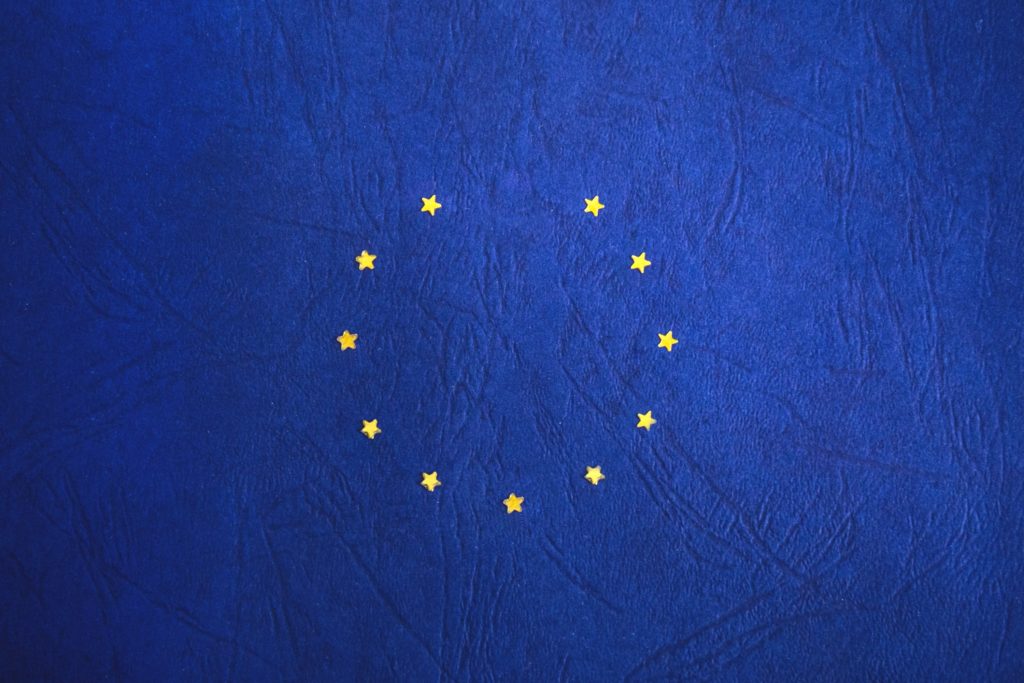On June 23, the United Kingdom voted to leave the European Union. While several lawyers argue that the result is not legally binding (partners of law firm Mishcon de Reya have even recently claimed that for the Prime Minister to invoke Article 50 of the Lisbon Treaty without the approval of the Parliament would be unlawful), there is a real possibility that the UK government will notify the EU of its desire to leave. This would trigger an the least two-year period of negotiations, the outcome of which is uncertain. Business doesn’t need to take drastic action now, but it is nevertheless important to be prepared for potential consequences; from an IP perspective, the decision will inevitably have far-reaching implications.
Patents
In the short term, the European patent landscape will remain unchanged. As intellectual property law firm Lawrie IP stated, the UK’s relationship with the European Patent Office (EPO) will not be affected by the referendum, since the EPO is not an EU institution, but an international organisation established by a multilateral treaty (the European Patent Convention).
However, the UK’s departure will have a significant effect on the proposed Unitary Patent system. The European patent with unitary effect (‘unitary patent’) is due to come into force by the end of 2016 and provide uniform patent protection across the participating 25 member states of the European Union – a significant change from the separate national patents currently granted by the EPO. The European Commission is now also working on setting up the Unified Patent Court (UPC), an essential element of making the unitary patent operational. Unlike the EPC, the Unitary Patent system will only be open to EU member states; as a non-EU member, the UK will no longer be able to participate in the UPC and unitary patents granted post-Brexit will cease to apply there. Guy Lougher, Head of EU and Competition law at Pinsent Masons added that it is also highly unlikely that the Court would be based in London, despite the original plans.
To complicate matters further, the three European Union member states with the most patents in force must first ratify the agreement that establishes the Court. These countries currently include the UK, which would have no interest in the ratification of a system it will not ultimately participate in. Therefore, according to Priya Nagpal, Legal Director at Olswang LLP, Brexit is likely to significantly delay the implementation of the UPC and limit its popularity – or even entirely derail it.
Trade marks and designs
European Union Trade Marks (EUTMs), Registered Community Designs (RCDs) and Unregistered Community Designs secured at the European Intellectual Property Office (EUIPO) are the most harmonised forms of intellectual property in the EU; the way they are protected in the UK is therefore going to change post-Brexit. Law firms Stevens Hewlett & Perkins (SH&P), Pinsent Masons and patent attorneys at Lawrie IP argue that it is likely that the UKIPO and EUIPO will agree on a transitional system whereby existing EU trade marks and designs can be converted into national UK registrations. SH&P claimed that until the terms of this system are known, owners need not re-register in the UK.
However, Ulrike Grübler, a partner of DLA Piper advises businesses for whom the UK market is of particular interest and have no, or insufficient, national UK registrations in place to consider the filing of national UK trademark registrations. This will avoid having to rely on the conversion mechanism later. As he explains, the situation is slightly different for design rights. RCDs, as well as national UK design registrations require the design to be novel (with a 12-month grace period), therefore fling new UK design applications for an existing RCD is not feasible. Registrants will have to rely on the implementation of relevant UK laws that could possibly ensure the automatic extension of existing RCDs in the UK. For new designs, a parallel UK application still remains an option.
Ultimately, the full impact of Brexit will not be known until the new framework arrangement between the UK and the EU is negotiated. Loss of harmonisation between UK and EU laws will likely increase legal costs, but the long exit process gives IP rights holders some time to adapt to the changing circumstances.







